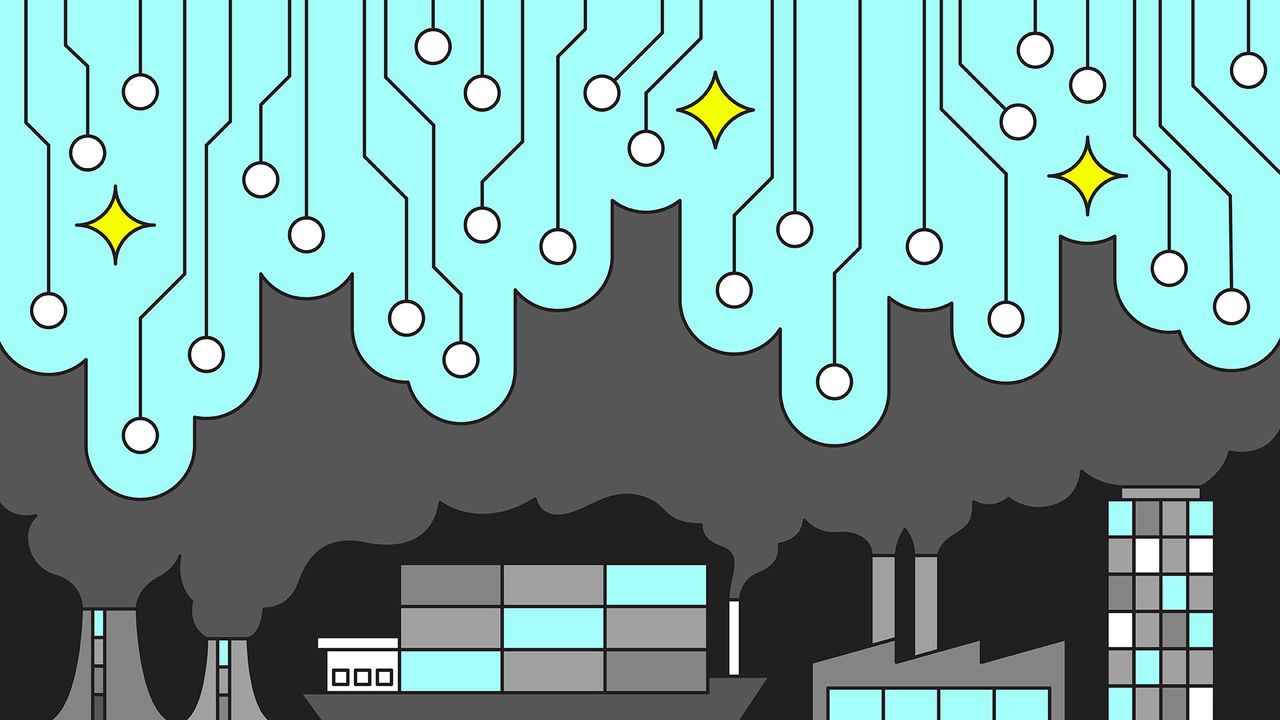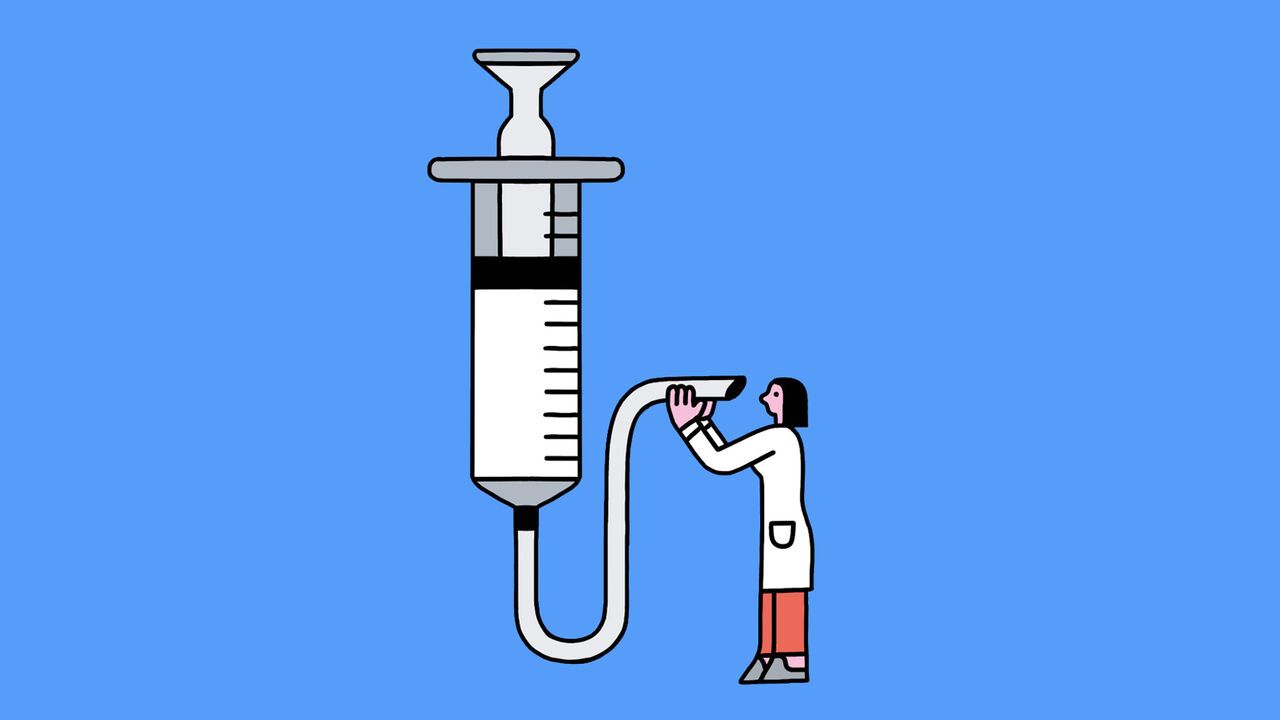AI models are helping dirty industries go green
Mining companies and steelmakers are feeling the benefits

OVER A CENTURY ago, ships leaving Rotterdam’s harbour were among the earliest to be equipped with wireless telegraphy and submarine signalling. Now, Europe’s busiest port is pioneering the use of artificial intelligence (AI). PortXChange, developed by the port and spun out as an independent entity, uses AI to analyse several dozen factors tracking vessels, port emissions and estimated arrival times. A huge source of wasted fuel is the “hurry up and wait” common among ships rushing to arrive at congested ports. This platform helped Shell, an oil giant, reduce “idle time”, affecting departures of barges and bulk shipments across all ports, by 20%. The tool is now being used by companies and ports around the globe.
Explore more
This article appeared in the Science & technology section of the print edition under the headline “Factory reset”

From the April 12th 2025 edition
Discover stories from this section and more in the list of contents
Explore the edition
An interstellar object is cruising through the solar system
Its appearance puts a new branch of astronomy to the test

RFK junior wants to ban an ingredient in vaccines. Is he right?
Studies show that thimerosal does more good than harm

AI is helping to design proteins from scratch
They could treat diseases, test drugs and boost crop yields
A new project aims to synthesise a human chromosome
The tools developed along the way could revolutionise medicine
How sea slugs give themselves superpowers
Their slimy shenanigans might have applications for humans, too
Is being bilingual good for your brain?
Perhaps. Learning languages offers other, more concrete benefits

